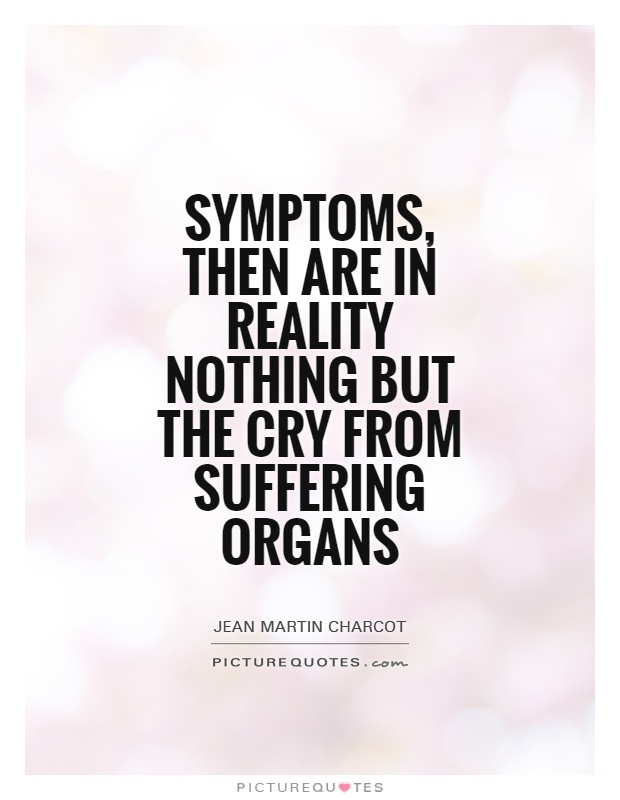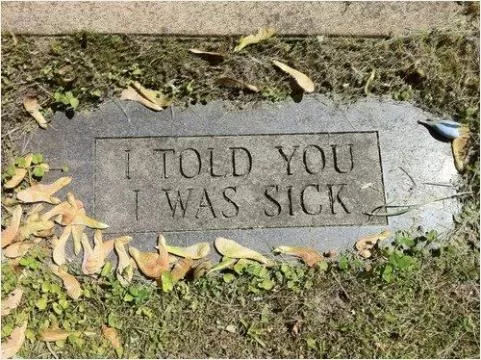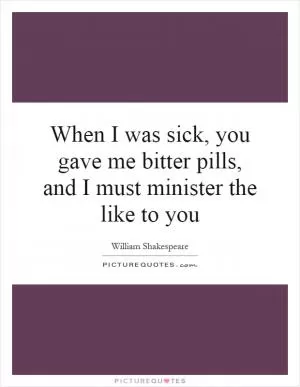Symptoms, then are in reality nothing but the cry from suffering organs

Symptoms, then are in reality nothing but the cry from suffering organs
Jean Martin Charcot was a pioneering French neurologist who made significant contributions to the field of medicine in the 19th century. One of his most famous quotes is, “Symptoms, then are in reality nothing but the cry from suffering organs.” This statement reflects Charcot’s belief that symptoms are not just random occurrences, but rather signals from the body that something is wrong.Charcot was a firm believer in the idea that symptoms are the body’s way of communicating distress or dysfunction. He believed that by paying close attention to these symptoms, doctors could better understand the underlying causes of a patient’s illness and provide more effective treatment. Charcot’s approach to medicine was revolutionary for his time, as many of his contemporaries focused more on treating symptoms rather than investigating their root causes.
In his work as a neurologist, Charcot studied and treated a wide range of neurological disorders, including epilepsy, multiple sclerosis, and Parkinson’s disease. He was particularly interested in the study of hysteria, a condition characterized by unexplained physical symptoms such as paralysis, seizures, and blindness. Charcot believed that these symptoms were not simply the result of a patient’s imagination, but rather a manifestation of underlying psychological distress.
Charcot’s emphasis on the importance of understanding symptoms in the context of the whole patient helped to pave the way for modern medical practices. Today, doctors are trained to look beyond the surface level of symptoms and consider the patient’s medical history, lifestyle, and emotional well-being when making a diagnosis. By taking a holistic approach to medicine, doctors can provide more personalized and effective care for their patients.












 Friendship Quotes
Friendship Quotes Love Quotes
Love Quotes Life Quotes
Life Quotes Funny Quotes
Funny Quotes Motivational Quotes
Motivational Quotes Inspirational Quotes
Inspirational Quotes